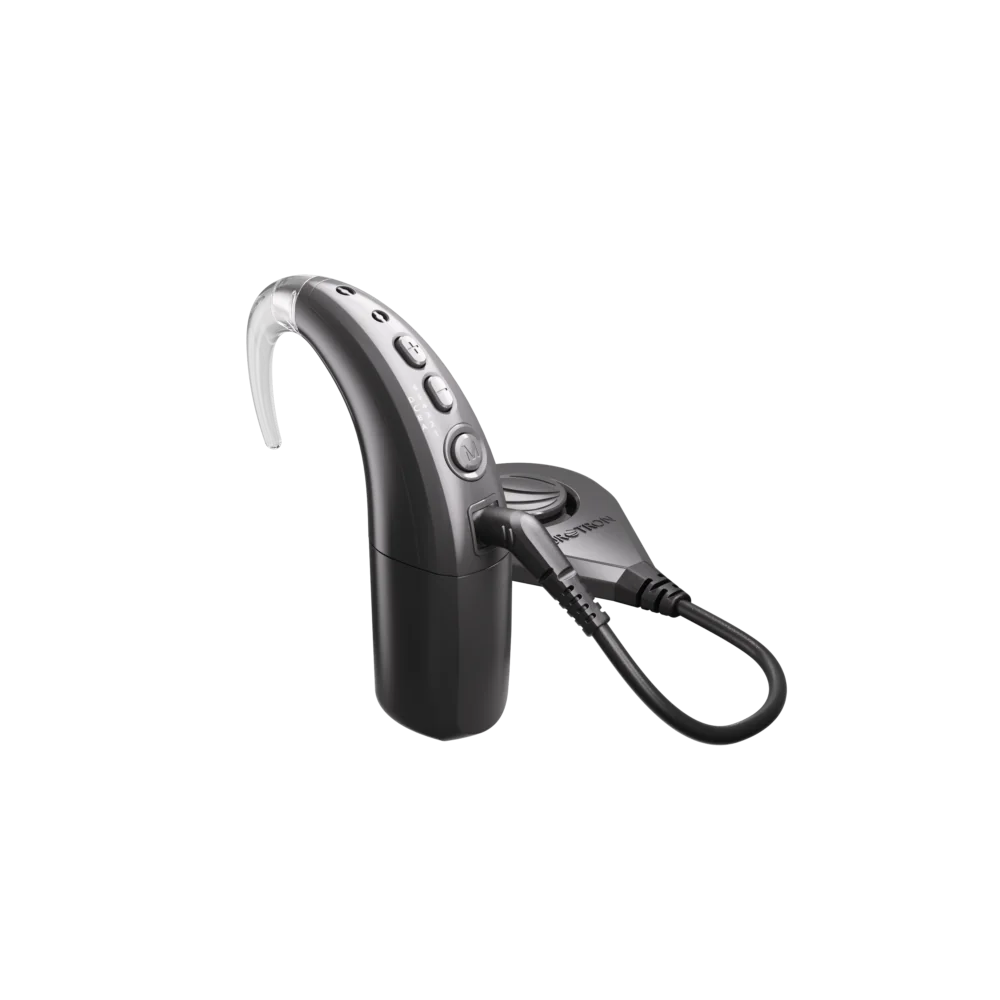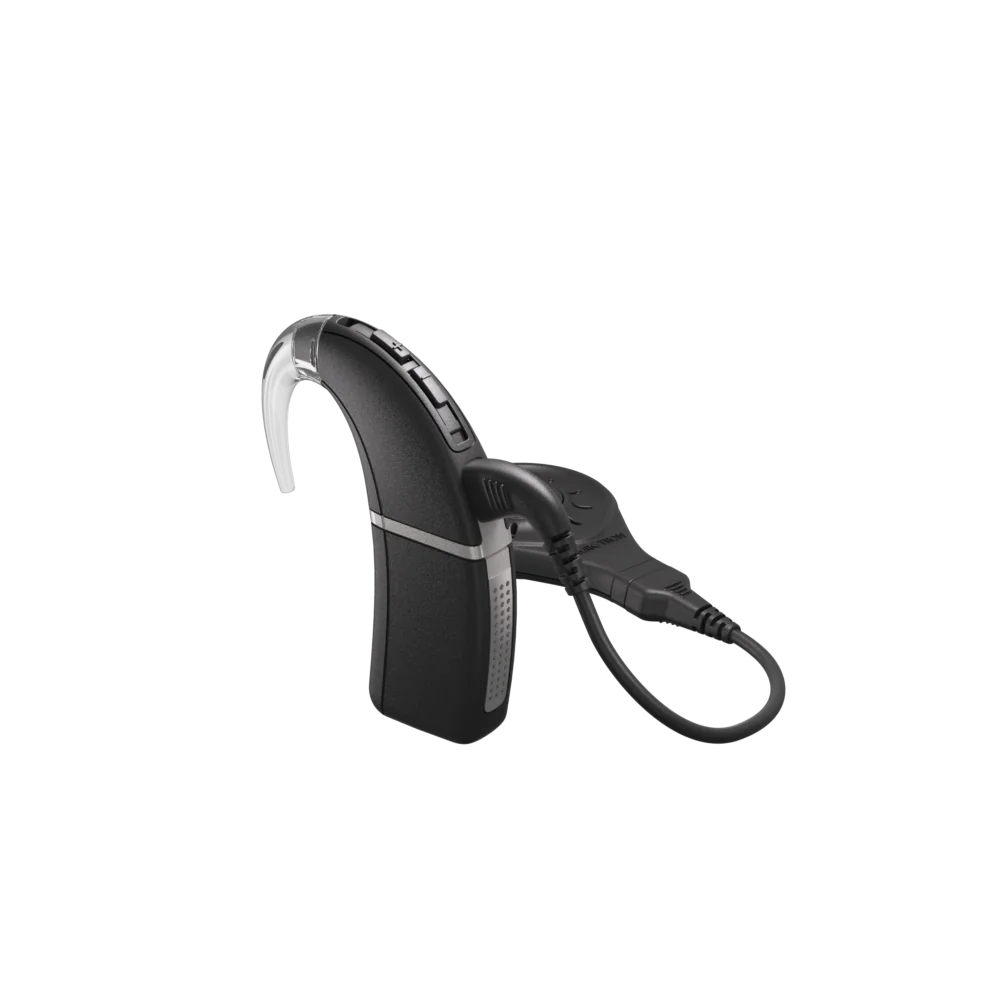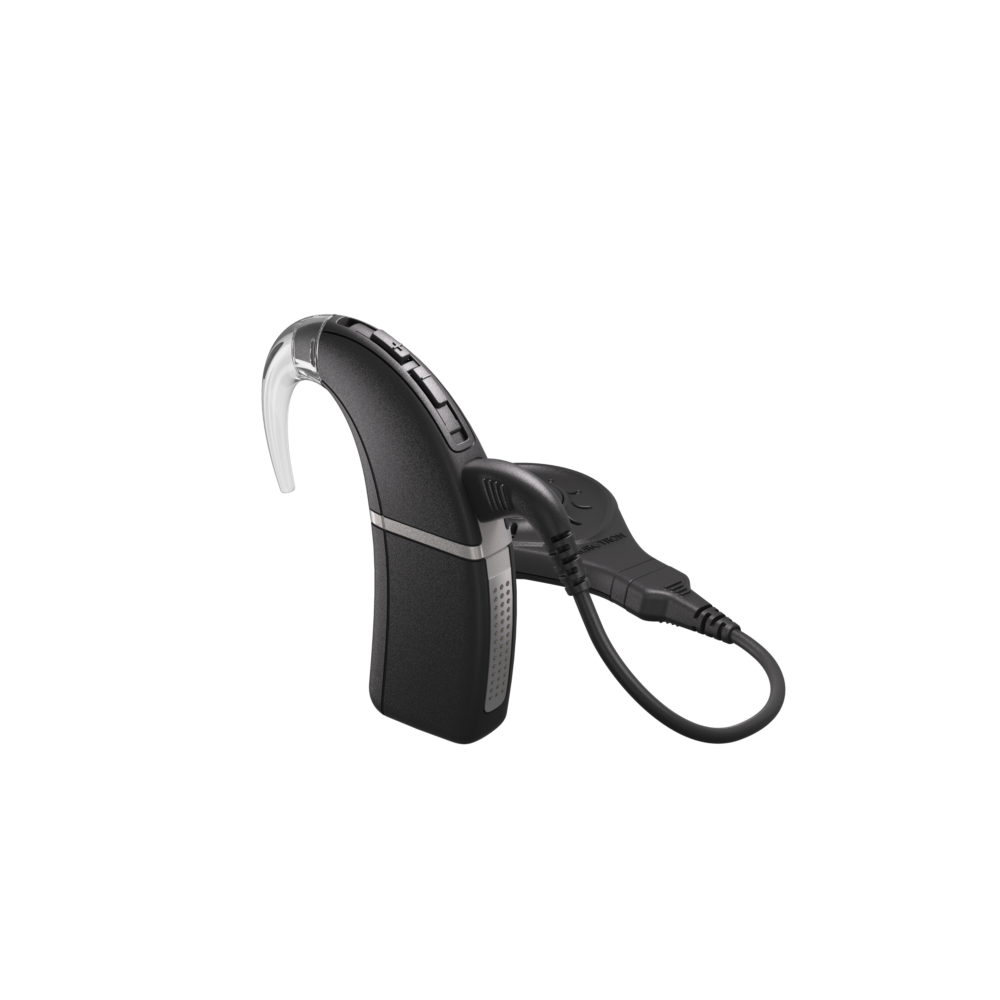
The speech processor is a crucial component of cochlear implants, serving as the bridge between sound and auditory perception for individuals with hearing loss. Discernment its function can illuminate how these devices transform lives by restoring hearing capabilities. In this article, I will search the intricacies of the speech processor, its significance in cochlear implant technology, and how marketing strategies influence public awareness and accessibility.
Click to find more about speech processor of cochlear implant.
Discernment the Speech Processor of Cochlear Implants
The speech processor is responsible for converting sound waves into electrical signals that can be interpreted by the brain through an implanted electrode array. It analyzes incoming sounds and prioritizes frequencies essential for discernment speech, thereby enhancing communication abilities for users. This sophisticated device employs advanced algorithms to filter background noise while emphasizing important auditory cues. Moreover, it allows customization based on individual user needs and environmental conditions, making it a vital element in personalized hearing solutions.
Nurotron: A Leader in Cochlear Implant Technology
Nurotron is at the forefront of developing innovative cochlear implant systems that incorporate cutting-edge speech processing technology. Their products are designed to provide high-quality sound experiences while ensuring ease of use for patients across various age groups. Nurotron‘s commitment to research and development has led to significant advancements in signal processing techniques that improve clarity and comprehension in challenging listening environments. By focusing on user-friendly designs combined with robust performance metrics, Nurotron continues to set benchmarks within the industry.
Click cochlear implants accessories.
Cochlear Implant Accessories: Enhancing User Experience
Cochlear implants come with a range of accessories designed to enhance functionality and user experience significantly. These include remote microphones that help capture sound from specific sources while reducing ambient noise interference—ideal for one-on-one conversations or lectures. Additionally, wireless connectivity options allow users to stream audio directly from smartphones or other devices seamlessly into their processors. Such accessories not only augment everyday usability but also empower users by providing them more control over their auditory environment.
Conclusion: The Impact of Speech Processors on Hearing Restoration

The speech processor remains an integral part of cochlear implants, fundamentally transforming how individuals perceive sound after experiencing hearing loss. Its ability to adaptively process complex auditory information underscores its importance in effective communication restoration efforts worldwide. As we continue explore advancements like those offered by companies such as Nurotron alongside supportive accessories available today, it becomes increasingly clear that ongoing innovation will further enhance outcomes for cochlear implant recipients.


